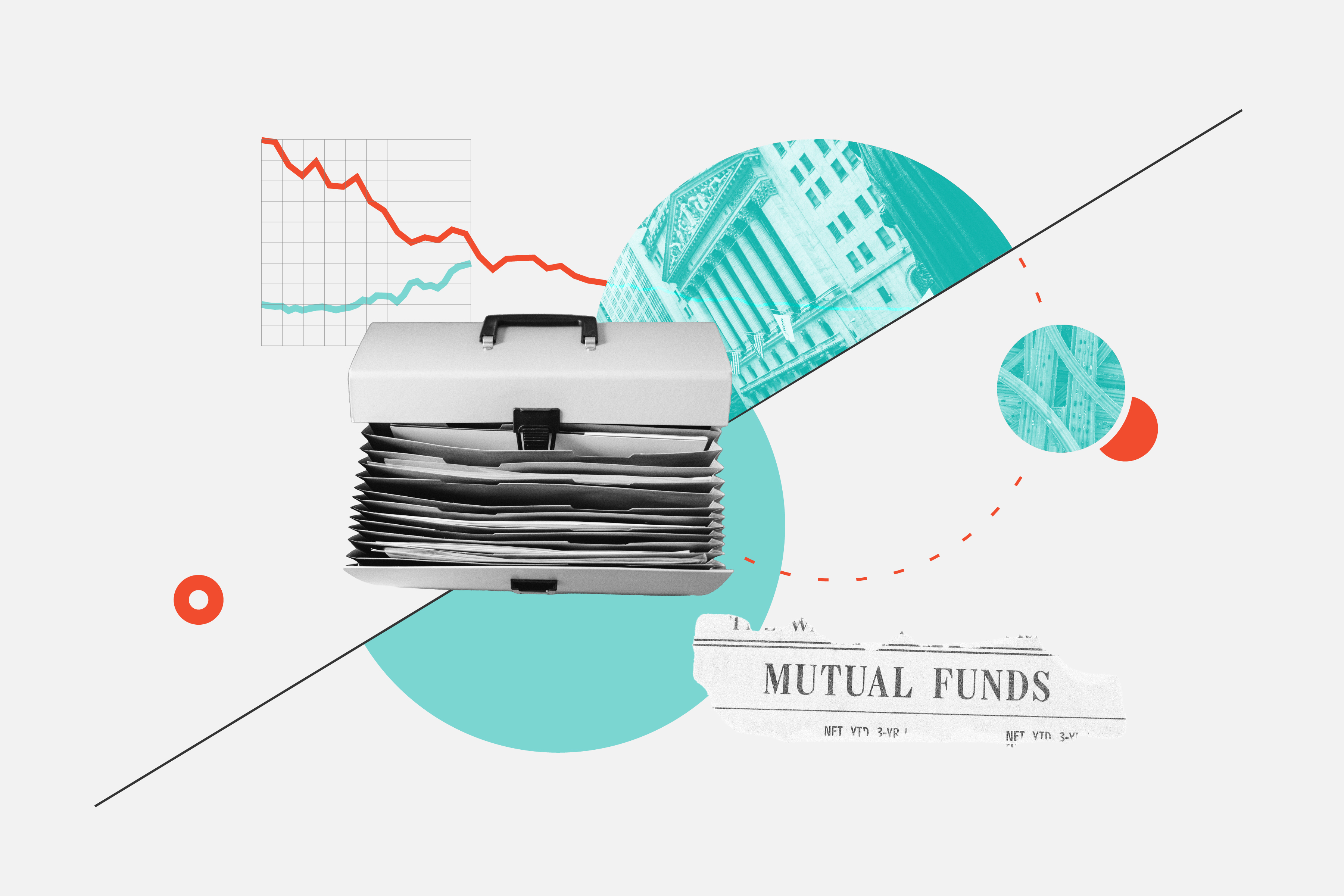
Despite dividend-paying companies being hit hard by the global pandemic market, Doug Warwick maintains an approximate 50% weighting in the financial sector, with 38% held in Canadian banks.
“The big concern with everyone is the worry with Canadian banks,” says Warwick. But he’s less bothered.
“Compared to other countries, Canada is an oligopoly with a return on equity in the mid-to-high teens after normalizing for the recent COVID spike in provisions on performing loans. There’s no issue with Canadian banks paying their dividends. Their capital continues to grow meaningfully.”
A 40-year industry veteran, Warwick is managing director at TD Asset Management in Toronto and a portfolio manager on the TD Dividend Growth Fund.
Healthy Cuts
A few companies in the portfolio have cut their distributions, but not many. For example, Suncor Energy Inc. (SU), and a couple of other oil and gas companies “prudently” cut their dividends. The mandate also includes some telco and pipeline companies and all of these will maintain or increase their dividends, says Warwick.
Following the financial crisis of 2008, the banks have dramatically increased capital on their balance sheets and increased risk controls.
In this current year, for the Canadian banks, it’s an earnings issue, not a balance sheet issue. “The balance sheets are so strong,” says Warwick. “In other words, it is a shorter-term impact. In 2008, it was a balanced sheet issue for many banks in other parts of the world.”
With the strength of the balance sheets, the investment managers do not foresee that the Canadian banks will cut their dividends. Following the investment discipline of ongoing meetings and analysis, the managers continue to carefully weigh each bank holding and maintain strong confidence in the overall industry given their attractive yields and valuations.
Free Cash Flow Focus
When protecting capital in the mandate, free cash flow is another essential stock criterion. Free cash flow determines a company’s ability to pay dividends and grow, says Warwick. The investment strategy also focuses on high-quality businesses with sustainable, competitive advantages and a track record of dividend growth.
In a market that has seen a tech sector spike, the portfolio holds no technology stocks. The multiples are high, says Warwick, and they don’t fit with the risk perimeters of the stocks in the fund.
Yet the fund does hold approximately 15% in the energy sector, a sector known for its cyclical nature. To offset risk, more than 10% of that weighting is invested in pipelines and 3% in integrated oil companies.
The stock price of Suncor Energy Inc., among the top 10 holdings, plummeted very quickly in March but is still favoured. “Once we get through this period,” says Warwick, “Suncor has the strength of the dividends. And because it’s an integrated business, it’s got risk management incorporated in that integration.” The company is also favoured because it’s a mining operation with years of reserve life and not a development risk.
Telus Corp. (T) is another favoured company among the holdings. “There are just three or four players in this space in Canada,” says Warwick. “The management team is strong and they have been growing their dividends over time.” In addition, there is a lot of cash available. “They were preparing for some kind of downturn, so they were positioned to capitalize on some of the opportunities.”
When it comes to economic concerns over bank loans and unemployment, 16% of Canadian mortgages have been provided deferrals, says Warwick. At third quarter, the big six banks had an average of 9% of total loans still under deferral. The situation sounded “pretty horrific” in March, but about 30% of people are now working successfully at home and the situation may not be as dire.
People in some sectors may have to default on their loans and mortgages and may lose their house, but if they sell they’ll likely not lose money, Warwick says. For example, as of March, half of the average homes in Canada were paid off and housing prices have gone up. And the loans in Canada are generally covered by assets in an environment of low interest rates.
Household debt remains high at 177% but you have to look at the good things going on, says Warwick. “It’s actually incredible, the trillions of dollars that the central banks and governments have put into the economies around the world.”
Future's Falling into Place
“We’re pumping so much money into the system,” says Warwick, “that it’s led to higher savings rates, property markets and the stock market, mostly tech. It makes me happy actually that people are beginning to save because the markets have climbed that wall of worry. We’ve had a good run, so we might have a bit of a setback, but I don’t foresee another 30% drop.”






















